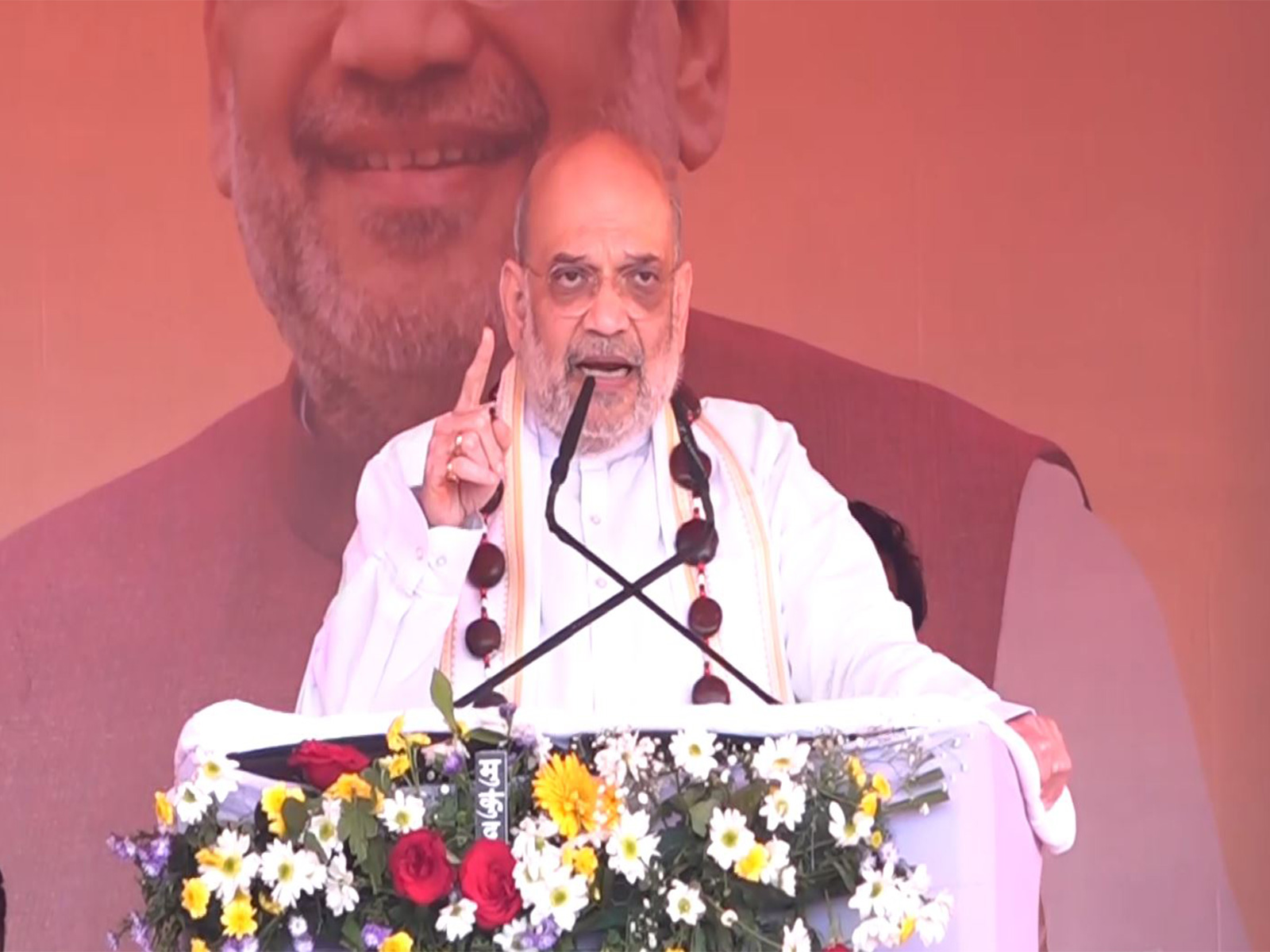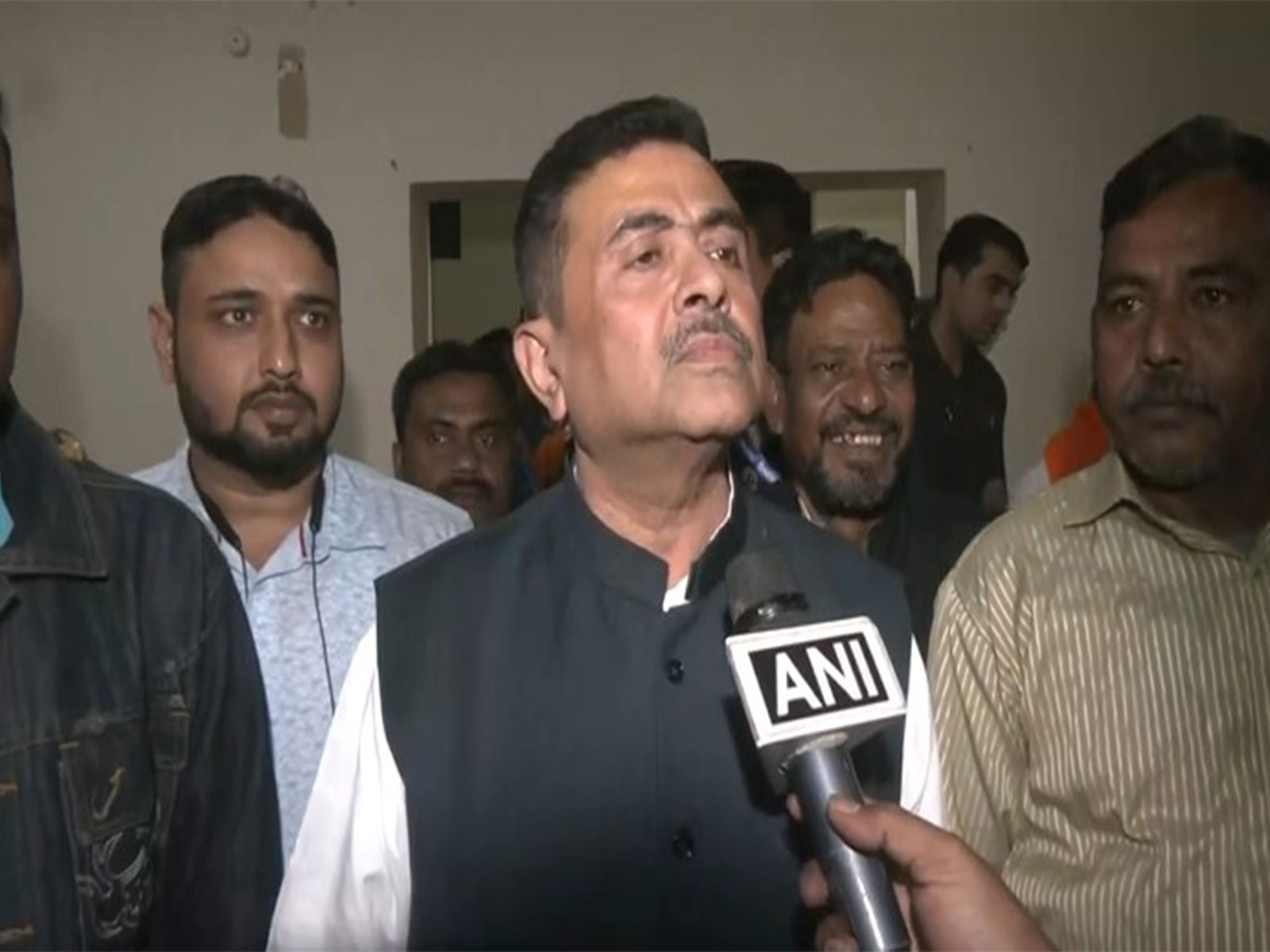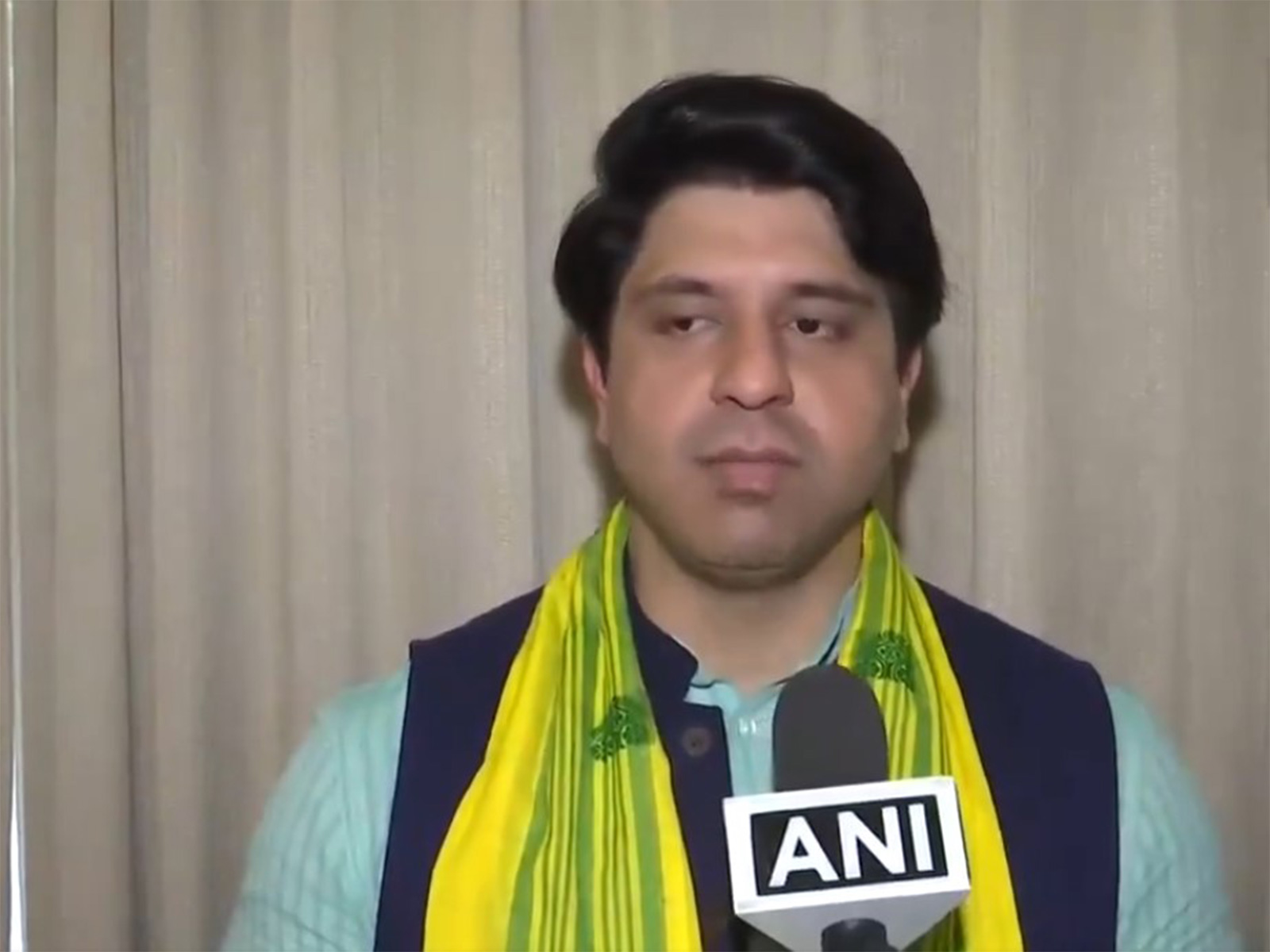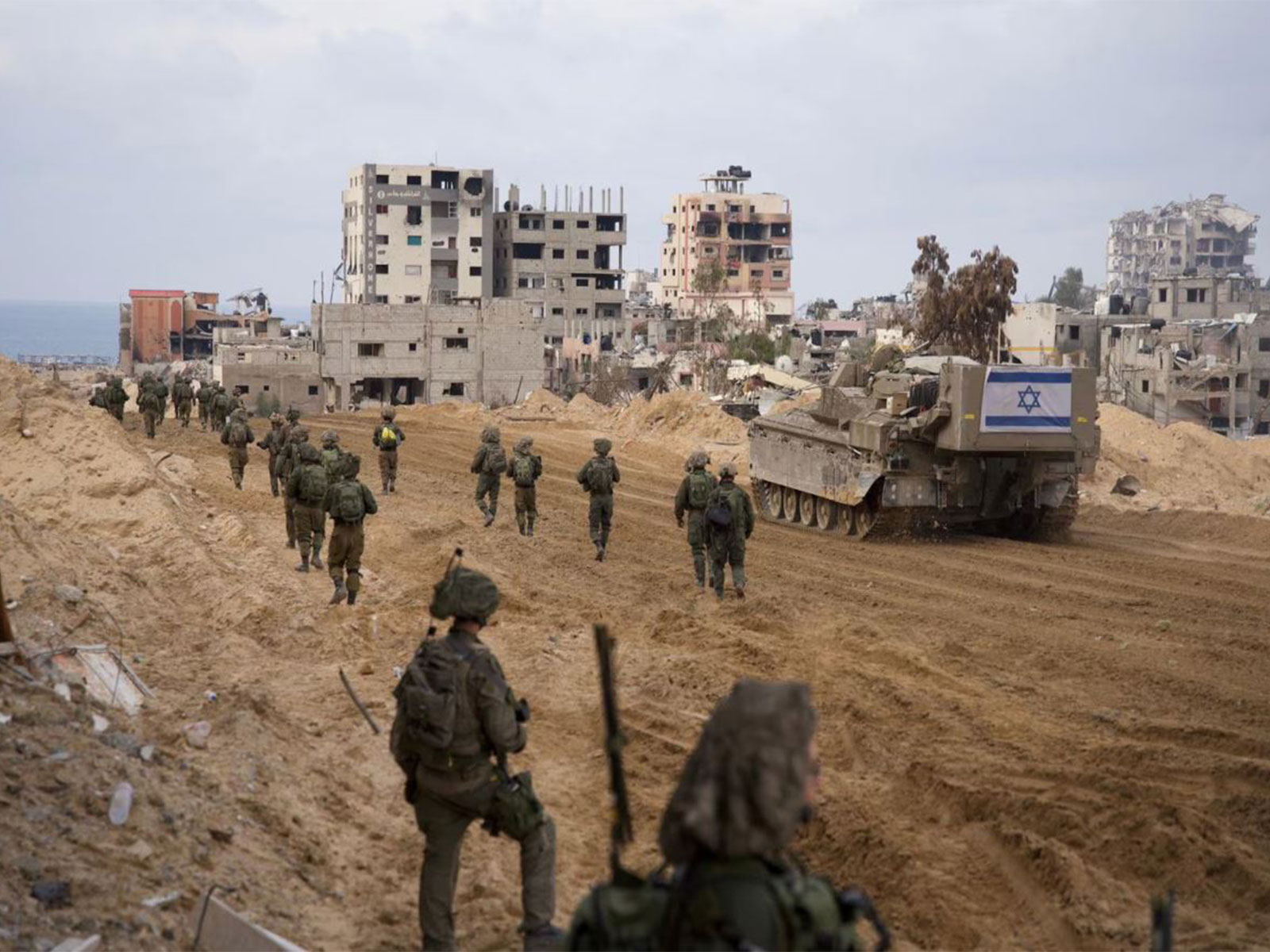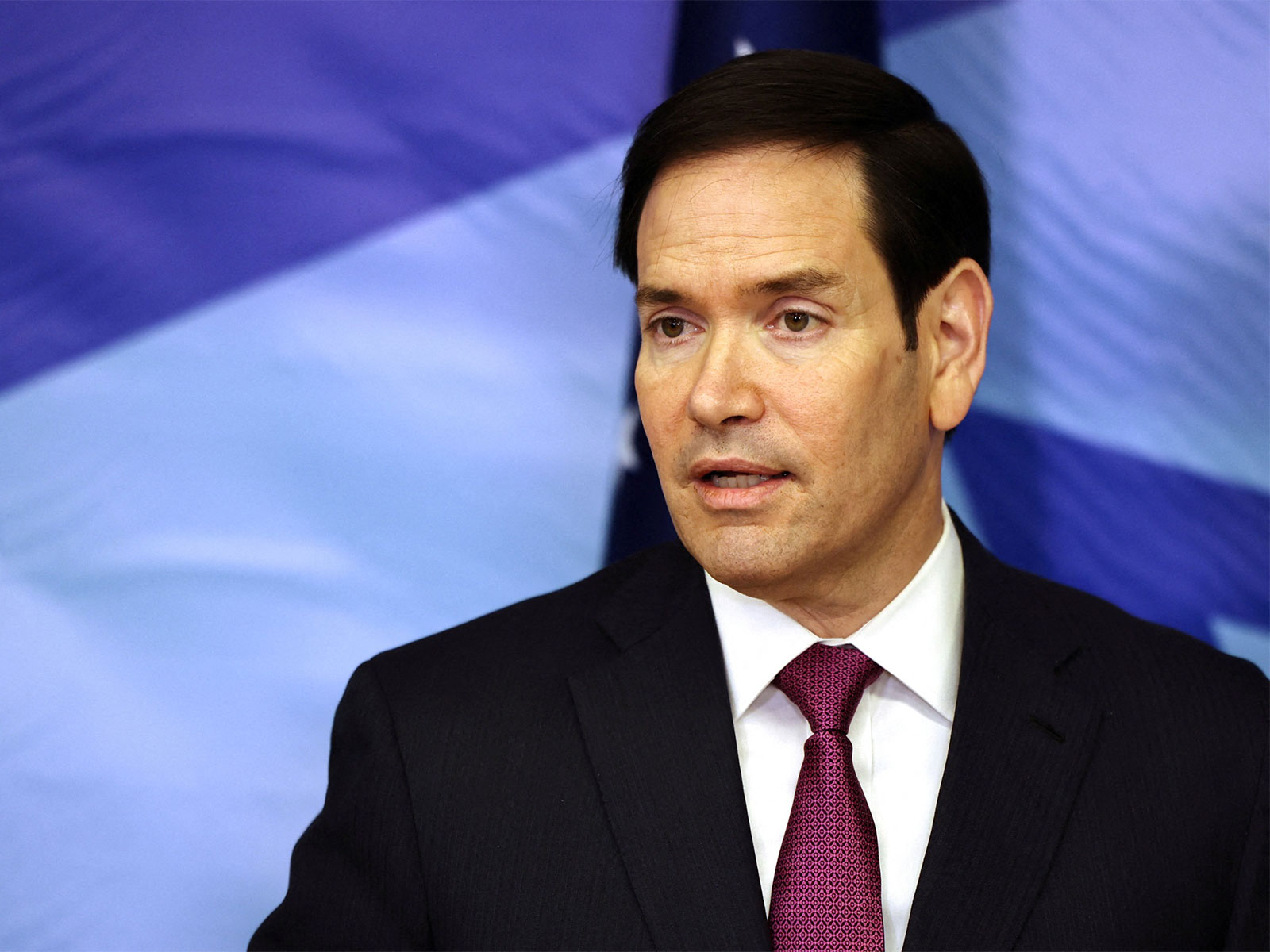ISRO holds 'Space on Wheels' program to tag along rural communities in tech world
Oct 11, 2022

Hyderabad (Telangana) [India], October 11 : Indian Space Research Organization (ISRO) is organising a unique program 'Space on Wheels' to tag along rural communities in this fast-moving, advanced technological world.
The outreach program will be focussing on rural areas and government schools. It helps in spreading awareness among children and the public about the Indian Space programmes. There are around six vehicles going around the country.
Jaya Saxena, a senior scientist from National Remote Sensing Centre (NRSC), Hyderabad told ANI, "This is a mobile exhibition 'Space on wheels'. This has got various exhibits of different launch vehicles, about different set lights and trajectories."
"We take it to Telangana and across the country to spread awareness. We have regional centres all across India. They are reporting to NRSC, West in Jodhpur, East in Kolkata, South in Banglore, Nagpur and Delhi," Saxena said.
"The idea is to spread about the Indian space program to students and the public in general. We say it is 'Space on Wheels' because we have an exhibition at the outreach centre, Jeedimetla. But everybody cannot come to our exhibition places, especially those in rural areas or government schools. So we are taking this bus to rural areas, villages and government schools who are not able to come to Hyderabad," Saxena further said.
Jaya Saxena further said that in the Indian space program, we can do categorization into large vehicles and satellites.
"In large vehicles, we have SLVs (Satellite launch vehicles), ASLVs (Advanced Satellite launch vehicles) then PSLVs and GSLV Mark II, GSLV Mark III. PSLV is the most robust, which we say workhorse. We use it to launch most polar satellites. GSLV Mark III is the latest one, we say it Bahubali or the 'Fat Boy', which was used to launch Chandrayan II. It has a cryogenic engine which is indigenously developed. It is a very efficient fuel combination that gives a lot of boost to heavier satellites to take to the height of 36,000 km," he said.
"All the satellites in India are launched from Sriharikota. It is the launch pad of India. The two launch pads here exhibit to show the students how the fully assembled launch vehicle satellite comes from the assembly to the launch pad," he added.
Jaya Saxena highlighted the various uses of the satellites for different purposes by ISRO.
"We have different types of satellites here like Astrosat, for astronomical studies, Oceansat, for Oceanographic studies. RISAT is an active satellite, which works in radar and microscopic region," he further said.
"With the Indian space program, we study space, the atmosphere in climate, features on land, land-use/land-cover, forestry, agriculture, groundwater, MGNREGA projects, groundwater prospects, mineralogy," he said.
Jaya Saxena said also talked about the various satellites possessed by ISRO.
"We study all features on land and oceans. We have satellites for different purposes. We have exhibited Mangalyan and Chandrayan trajectories showing how the satellites were sent to Mars and the moon on elongated orbits. We have IRNSS or NavIC. It is for navigational purposes. It is giving five sentinel location accuracy apart from head-on GPS, GSAT Mark III is also here. We show different types of educational videos are played to educate students in rural areas and government schools," he said.
"We take the bus to rural areas after talking to District Education Officers. We go to government schools and sometimes stay there for 2-3 days so that the children and the public nearby can come and see this. We have staff and self-explaining videos to spread awareness about the Indian Space program to children and the public in general," he said.
Dr K R Manjula from SASTRA Deemed University, Thanjavur, Tamil Nadu said, "I came here as an academic volunteer. When I talk about 'space on wheels' I found it a very useful and interesting program, if we reach all students across India. I am requesting these people to come to Thanjavur so that our Institute can provide some kind of support to organize students in our campus itself so that they can have a visit of space on wheels."
